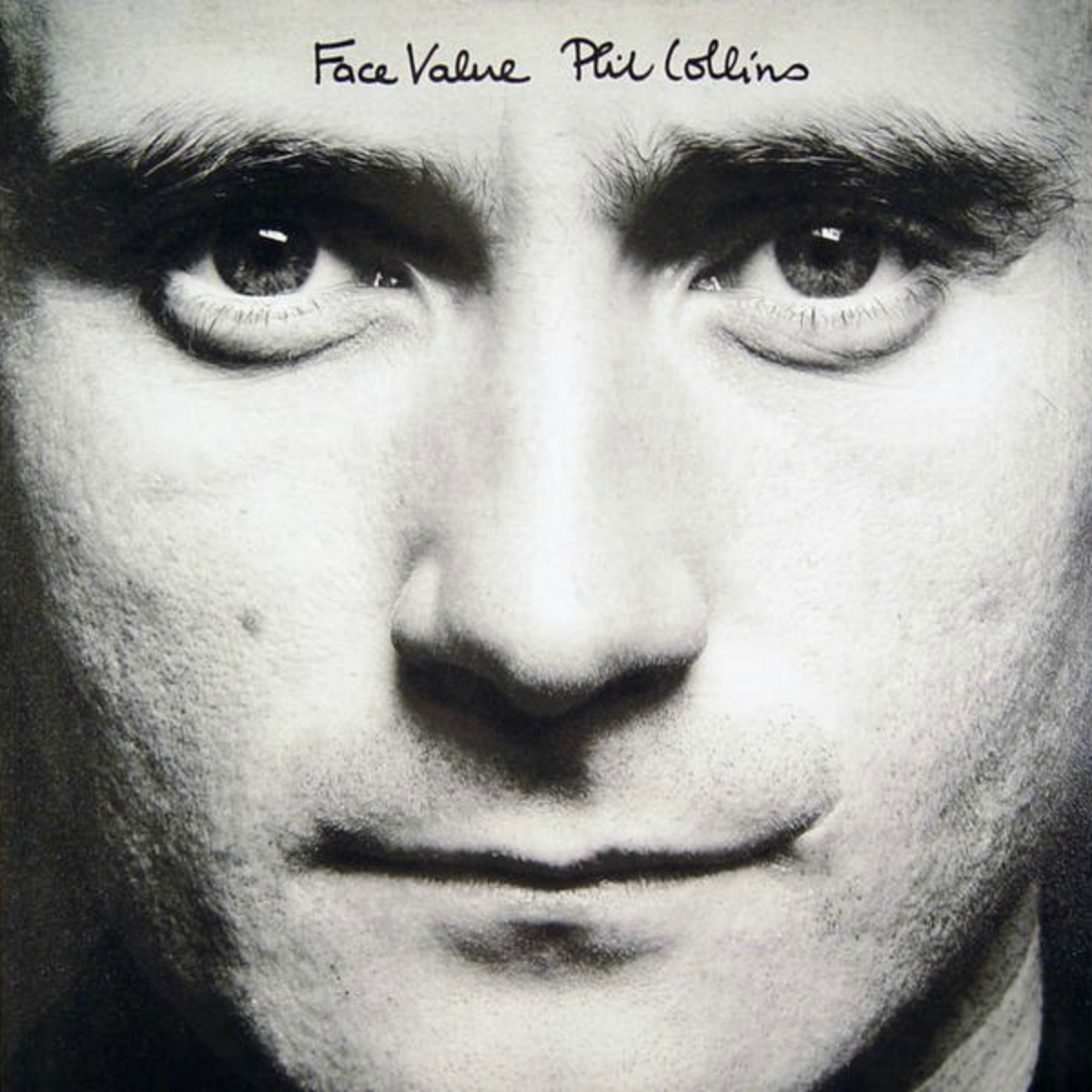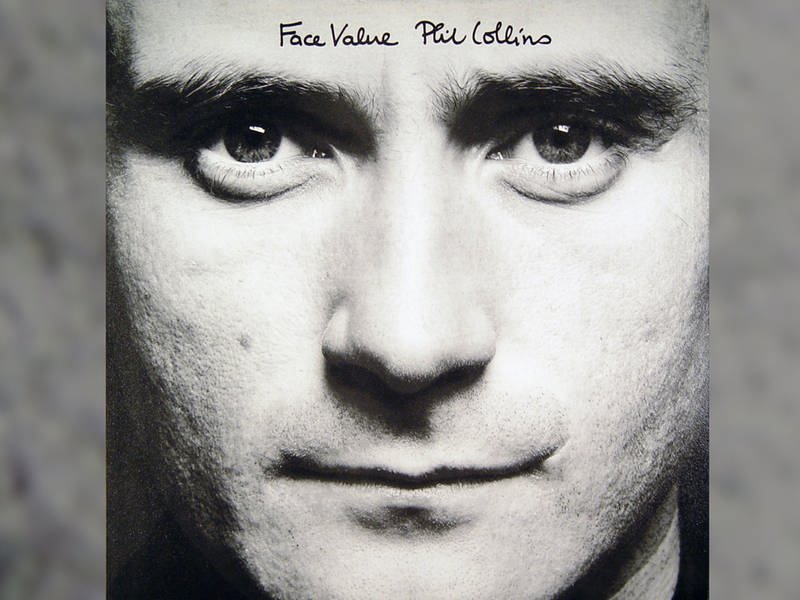ONLY NOISE: The Good, The Bad, and The Guilty

Freud called it ambivalence. I call it Cher. And not just “old stuff”, niche, “Half Breed” Cher. I’m talkin’ “Believe” Cher too. The good with the bad, which could be a crude definition of ambivalence itself. This week, I’m thinking a lot about ambivalence, and my favorite iteration of it: the Guilty Pleasure.
I recently came across a piece of clickbait that The Daily Mail ran last summer called “The Science of Guilty Pleasures: Study uncovers how feeling bad can boost your happiness.” Evidently, Professor Ravi Dahr of Yale University got the notion to conduct such a study as he sat next to a colleague one day, watching him munch on a chocolate bar as if it was some sort of dilemma. Dahr was taken aback by his coworker’s simultaneous display of enjoyment and self-loathing while eating the chocolate. Thus spawned the idea to research the merit of the Guilty Pleasure.
The article goes on to site stimuli such as “alcohol and shopping sprees” as arbiters of this shame/pleasure model, the driving point stating that “guilt and pleasure are often tightly coupled in people’s minds, so activating one of these concepts can draw out the other.” Hence: forbidden fruit, the five-finger-discount, ice cream, and Phil Collins. Dahr’s intended application of the study was market research (which is all a bit too Edward Bernays for me), but what happens when we apply this idea to the ultimate Guilty Pleasure: the Musical Guilty Pleasure (MGP)?
Is shame the true catalyst for the immense joy I feel while listening to “You Can Call Me Al” and picturing the entire city dancing in unison? Do I feel just the right amount of “naughty” when I, in all sincerity, have to fight back tears upon hearing “In The Air Tonight”? No. This isn’t a fucking Dove chocolate commercial. I may not be a professor at Yale, but I can’t help but wonder if the MGP functions on a different level than a sumptuous dinner for one at Dallas BBQ. Because unlike the handbag that cost more than your rent, or the 3am Seamless order, the MGP has no real repercussions. You aren’t poorer for listening to, say, every record the Wallflowers ever recorded, on repeat, for a year. Cranking Bette Midler’s The Divine Miss M to 11 when no one’s home doesn’t raise your cholesterol. So why feel guilty in the first place?
One consistent feeling I recognize when accessing my secret song library is discomfort. There is always that lingering question: is this good? Or bad? Or very bad? My favorite example of a band that elicits such confusion is Paul Weller’s schmaltz project The Style Council. Their music is…I don’t know. It could be compositionally brilliant, and merely stamped with that 1980s seal of production quality that seems to doom and date so much of the era’s oeuvre. Or, it could be horrendous. I will never know, because loving The Style Council is like having a stupefying crush: you’re so smitten you fail to notice how ugly his shoes are. Or his crippling video game habit.
For instance, The Style Council have a song called “You’re the Best Thing” off of their 1984 debut LP Café Bleu. It is kind of my MGP poster song, if you will. No song has ever toyed with my emotions so deeply, and I don’t expect another ever will. It makes me rage with cognitive dissonance. It is so gauchely over the top, so sappy, so wrong; and I love every minute of it. This is a track that legitimately makes me squirm with unease. While preparing for this week’s rant, I was going through all of the music that I classify as MGPs. Upon listening to “You’re the Best Thing” I jotted a sprawling note on my legal pad, which read: “isn’t good art supposed to make you feel uncomfortable?” I don’t know what Ravi Dahr would have to say about that.
I suppose that aside from causing discomfort, the MGP stokes the fear of being found out. That somehow your love of U2’s “Sunday Bloody Sunday” (just that ONE song, ok?) will potentially negate your enormous Tom Waits collection. Like U2 has the power to cause chemical equilibrium and suddenly disable all of your good taste. There is a wonderful scene in the recent movie Green Room in which an interviewer is asking members of a punk band what their desert island band would be. They respond with understated cool: “Poison Idea,” “Sabbath” and the like. Towards the end of the film, as the main characters are getting killed off one by one in the most gruesome ways, the band’s guitarist poses the same question as a sort of rallying distraction, but the answers have shifted rather drastically. “Prince.” “Madonna…and Slayer.” “Simon and Garfunkel.”
The funny thing about these two scenes is that while the characters weren’t discussing MGPs, the same principle of embarrassment applies: that fear of being revealed as a charlatan, of being, god forbid, not punk enough, or at all. Last year I was conducting an interview at the Four Knots festival here in New York, and brushed up against a similar phenomenon. The band was fairly new to the scene, so I asked them that old question I find so endlessly amusing: what were their MGPs? “The Strokes.” “Grizzly Bear.” “Guns n’ Roses.” It was the Green Room effect before I even knew what that was. I wanted real humiliation. I wanted Enya, or Yanni, or Godsmack. I pressed them to think harder, and finally got something deeper. “Alkaline Trio.” There it is.
I don’t believe people when they say: “none of my pleasures are guilty.” Or maybe I am simply jealous of their carefree life, in which they can host a dinner party and put their itunes library on shuffle, walking away free from the clutching fear that one of several Rancid songs could come on at ANY MOMENT. That must be a nice feeling. But until I can liberate myself from discomfort and shame, I will brandish my guilt in the most Catholic of ways, reserving it a seat next to me at the bar, doing its laundry; hell, my guilt and I could even open a joint checking account. Guilt is a lubricant for dry food; she is the one thing separating bad taste from eccentric taste.


